Google accuses Microsoft of ‘anti-competitive’ cloud practices
Google is pulling no punches in its criticism of Microsoft’s cloud business practices


Google has accused Microsoft of anti-competitive practices in its cloud business in a scathing letter to US regulators examining the state of the industry.
Responding to a call for testimony from the Federal Trade Commission (FTC), which is examining competition in the US cloud market, Google claimed that Microsoft imposes inhibitive license terms on customers to “lock in clients”.
The letter from Google specifically targeted Microsoft, as well as other industry players such as Oracle, for alleged anti-competitive behaviors, which it said is harming both customers and the broader industry landscape.
In particular, Google argued that Microsoft leverages the dominant position of Microsoft Office and Windows Server product lines, dubbing it a “complex web” that has created a difficult operating space for organizations seeking alternatives to Azure services.
According to reports from CNBC, Microsoft and Oracle are “not only forcing customers toward a monolithic cloud model but also limiting choice, increasing costs for customers, and disrupting growing and thriving digital ecosystems in the US and around the world”.
Cloud market competition
The claims from Google come amid a period of heightened regulatory scrutiny for cloud providers globally.
In April, UK regulator Ofcom proposed that cloud services providers in the UK be referred to the Competition and Markets Authority (CMA) due to concerns that hyperscaler dominance in the space is stifling competition.
Get the ITPro daily newsletter
Sign up today and you will receive a free copy of our Future Focus 2025 report - the leading guidance on AI, cybersecurity and other IT challenges as per 700+ senior executives
Ofcom specifically targeted Amazon Web Services (AWS) and Microsoft’s Azure cloud division as part of its initial investigation, raising concerns that the duo has somewhat of a stranglehold on the UK market.
RELATED RESOURCE

Collectively, the two providers hold a market share of between 60-70%. Google Cloud commands a 5-10% share of the market, Ofcom found.
Ofcom also highlighted ‘concerning’ practices around ‘egress fees’, whereby customers pay to transfer data out of the cloud or to other providers.
The regulator said that hyperscaler set fees at “significantly higher rates than other service providers”.
Egress-related fees were found to be highly discouraging for customers, deterring them from switching to an alternative provider.
Limiting cloud customer mobility
Responding to the FTC, consumer rights group NetChoice suggested that the threat to cloud competition in US markets wasn’t due to a “lack of quality participants” in the ecosystem, but rather cloud providers’ policy of locking in customers.
“The threat to cloud competition is not a lack of quality participants offering quality services. There are plenty. In fact, there is so much competition that the greatest threat to a healthy market is some cloud providers forcing their legacy consumers into their own clouds, avoiding competition altogether,” the NGO said.
“The single greatest threat to cloud competition is thus the attempt by some providers to lock in their customers – businesses of all sizes and government agencies especially – into specific clouds by limiting mobility through pernicious contract clauses, predatory discounting, and other dangerous schemes that leave consumers with limited or unpalatable options.”
Is Google baiting regulators?
While Google’s argument does align with longstanding concerns over vendor lock-in within the cloud market, the claims do raise eyebrows.
Of the three main western hyperscaler providers, Google Cloud by far holds the smallest market share, standing at around 11% based on late 2022 figures.
Additionally, while the company has been making headway, its share still stands at around half of Microsoft’s and just one-third of that commanded by AWS.
Google is also no stranger to receiving anti-competition allegations, as reports in recent years show.
The company’s advertising business has faced repeated antitrust lawsuits on both sides of the Atlantic, with regulators arguing that the company holds a dominant position in the space that is harming competition.
A lawsuit filed in 2020 which accused the company of limiting competition in the internet search market is expected to go to trial in September this year.

Ross Kelly is ITPro's News & Analysis Editor, responsible for leading the brand's news output and in-depth reporting on the latest stories from across the business technology landscape. Ross was previously a Staff Writer, during which time he developed a keen interest in cyber security, business leadership, and emerging technologies.
He graduated from Edinburgh Napier University in 2016 with a BA (Hons) in Journalism, and joined ITPro in 2022 after four years working in technology conference research.
For news pitches, you can contact Ross at ross.kelly@futurenet.com, or on Twitter and LinkedIn.
-
 Bigger salaries, more burnout: Is the CISO role in crisis?
Bigger salaries, more burnout: Is the CISO role in crisis?In-depth CISOs are more stressed than ever before – but why is this and what can be done?
By Kate O'Flaherty Published
-
 Cheap cyber crime kits can be bought on the dark web for less than $25
Cheap cyber crime kits can be bought on the dark web for less than $25News Research from NordVPN shows phishing kits are now widely available on the dark web and via messaging apps like Telegram, and are often selling for less than $25.
By Emma Woollacott Published
-
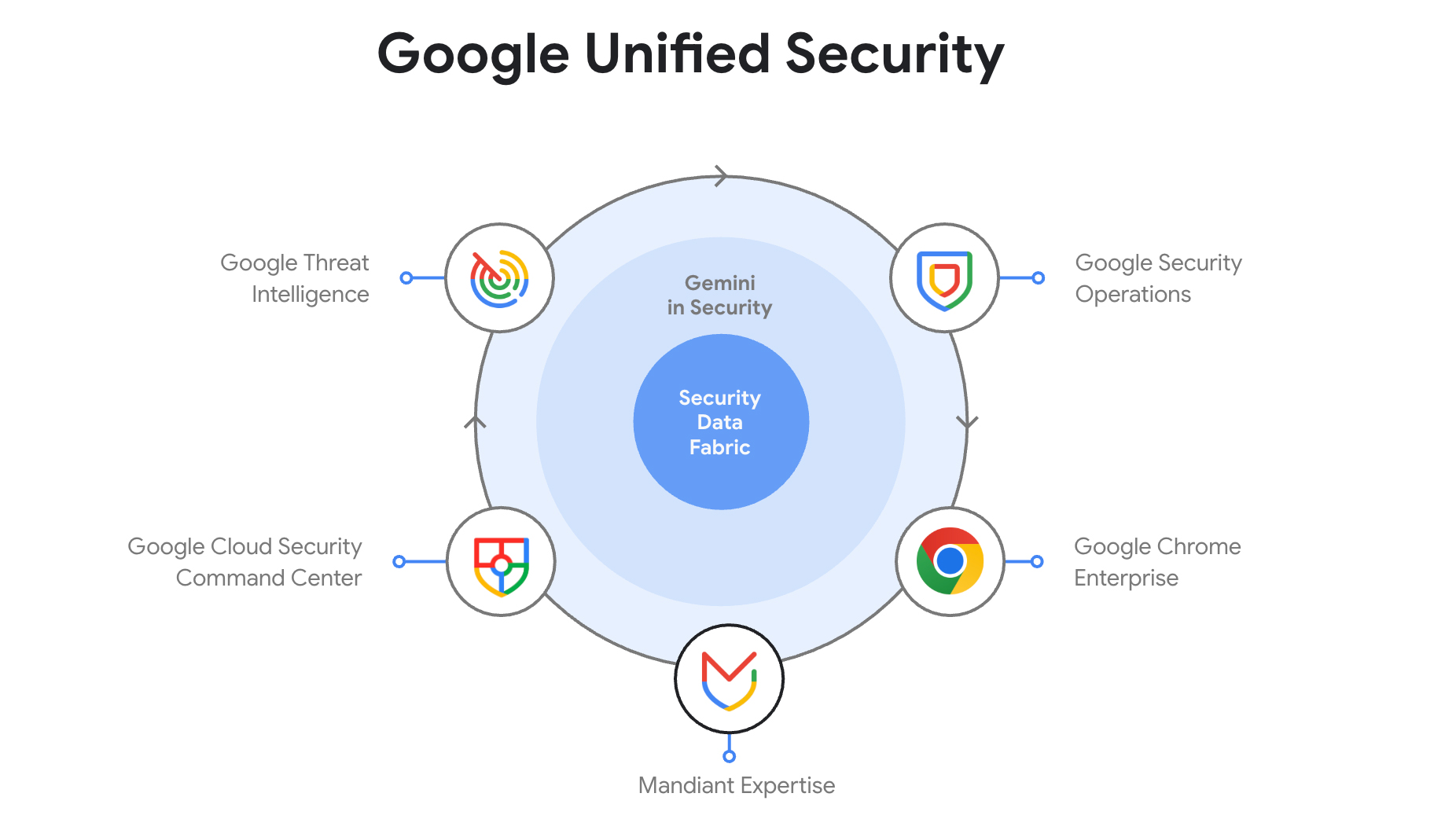 Google Cloud wants to tackle cyber complexity – here's how it plans to do it
Google Cloud wants to tackle cyber complexity – here's how it plans to do itNews Google Unified Security will combine all the security services under Google’s umbrella in one combined cloud platform
By Rory Bathgate Published
-
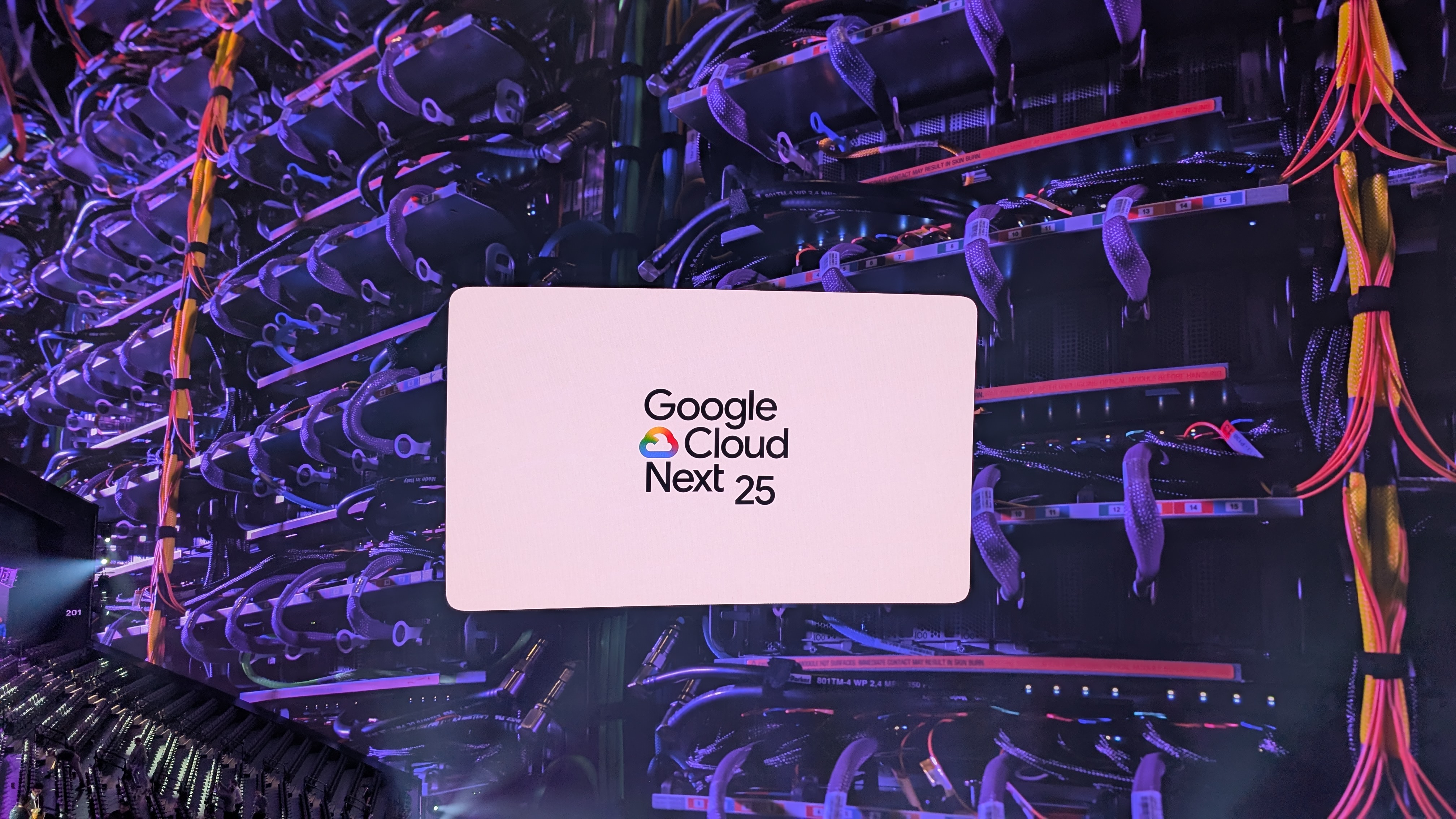 Google Cloud Next 2025: All the live updates as they happened
Google Cloud Next 2025: All the live updates as they happenedLive Blog Google Cloud Next 2025 is officially over – here's everything that was announced and shown off in Las Vegas
By Rory Bathgate Last updated
-
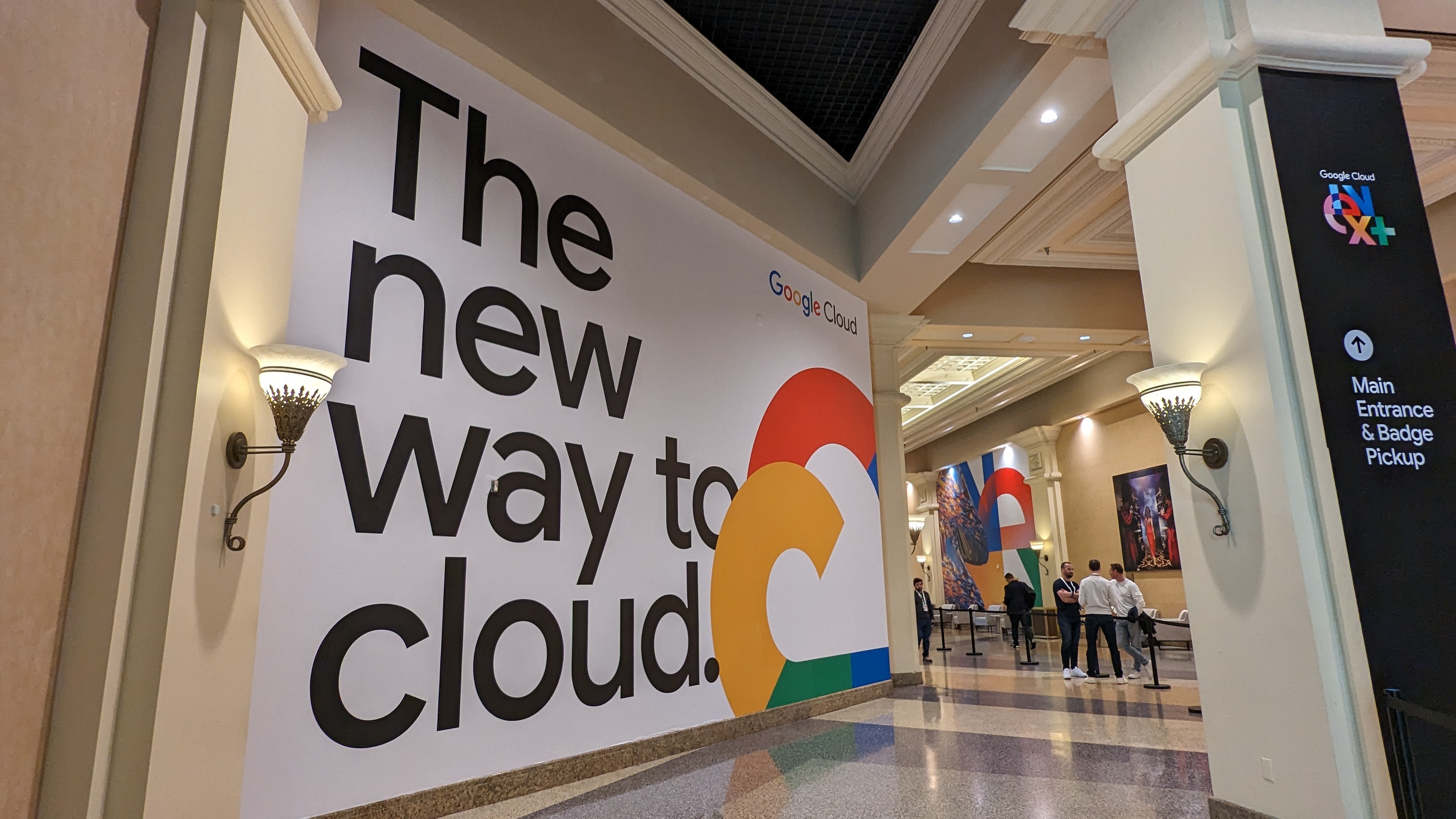 Google Cloud Next 2025 is the hyperscaler’s chance to sell itself as the all-in-one AI platform for enterprises
Google Cloud Next 2025 is the hyperscaler’s chance to sell itself as the all-in-one AI platform for enterprisesAnalysis With a focus on the benefits of a unified approach to AI in the cloud, the ‘AI first’ cloud giant can build on last year’s successes
By Rory Bathgate Published
-
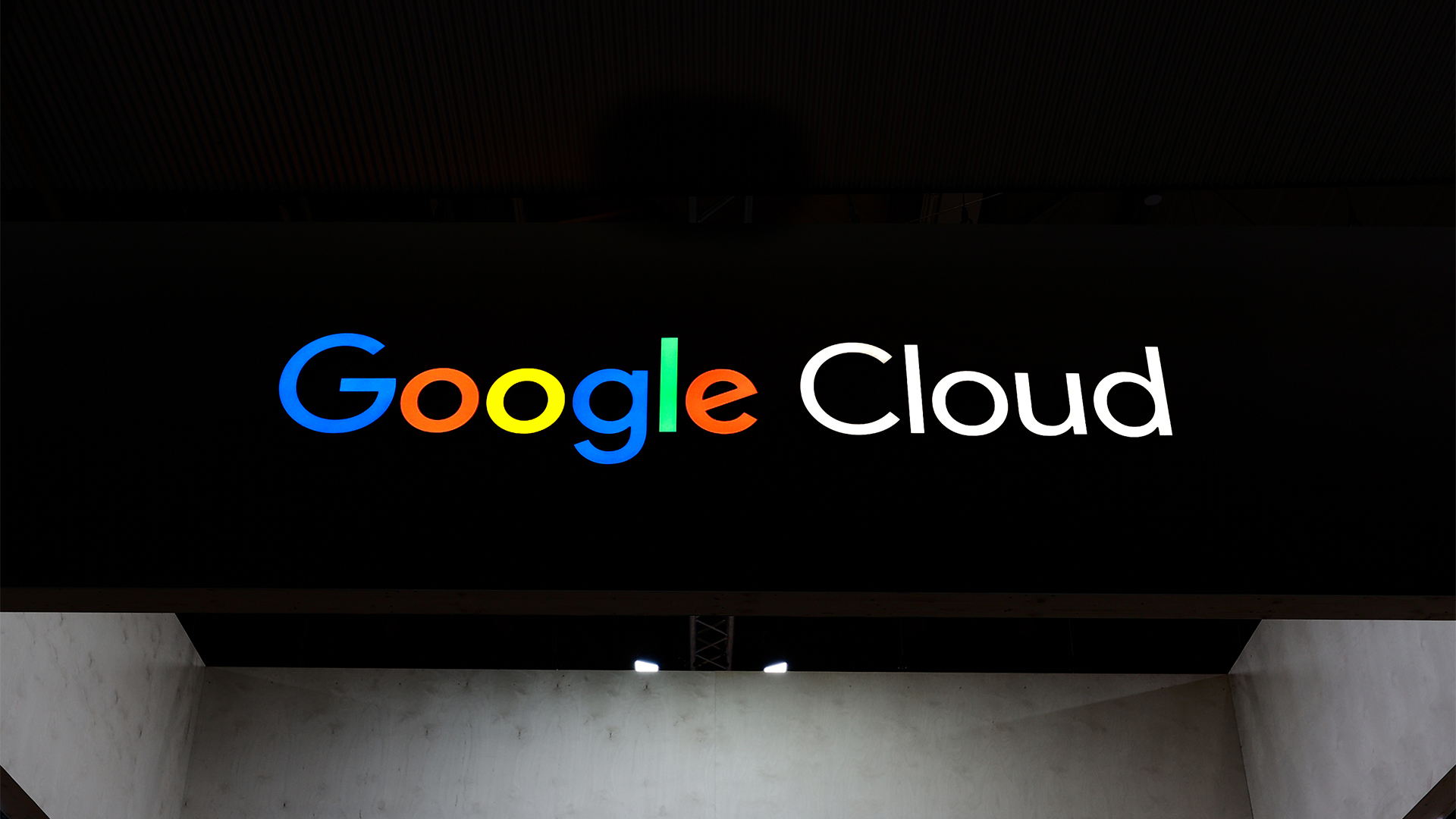 The Wiz acquisition stakes Google's claim as the go-to hyperscaler for cloud security – now it’s up to AWS and industry vendors to react
The Wiz acquisition stakes Google's claim as the go-to hyperscaler for cloud security – now it’s up to AWS and industry vendors to reactAnalysis The Wiz acquisition could have monumental implications for the cloud security sector, with Google raising the stakes for competitors and industry vendors.
By Ross Kelly Published
-
 Google confirms Wiz acquisition in record-breaking $32 billion deal
Google confirms Wiz acquisition in record-breaking $32 billion dealNews Google has confirmed plans to acquire cloud security firm Wiz in a deal worth $32 billion.
By Nicole Kobie Published
-
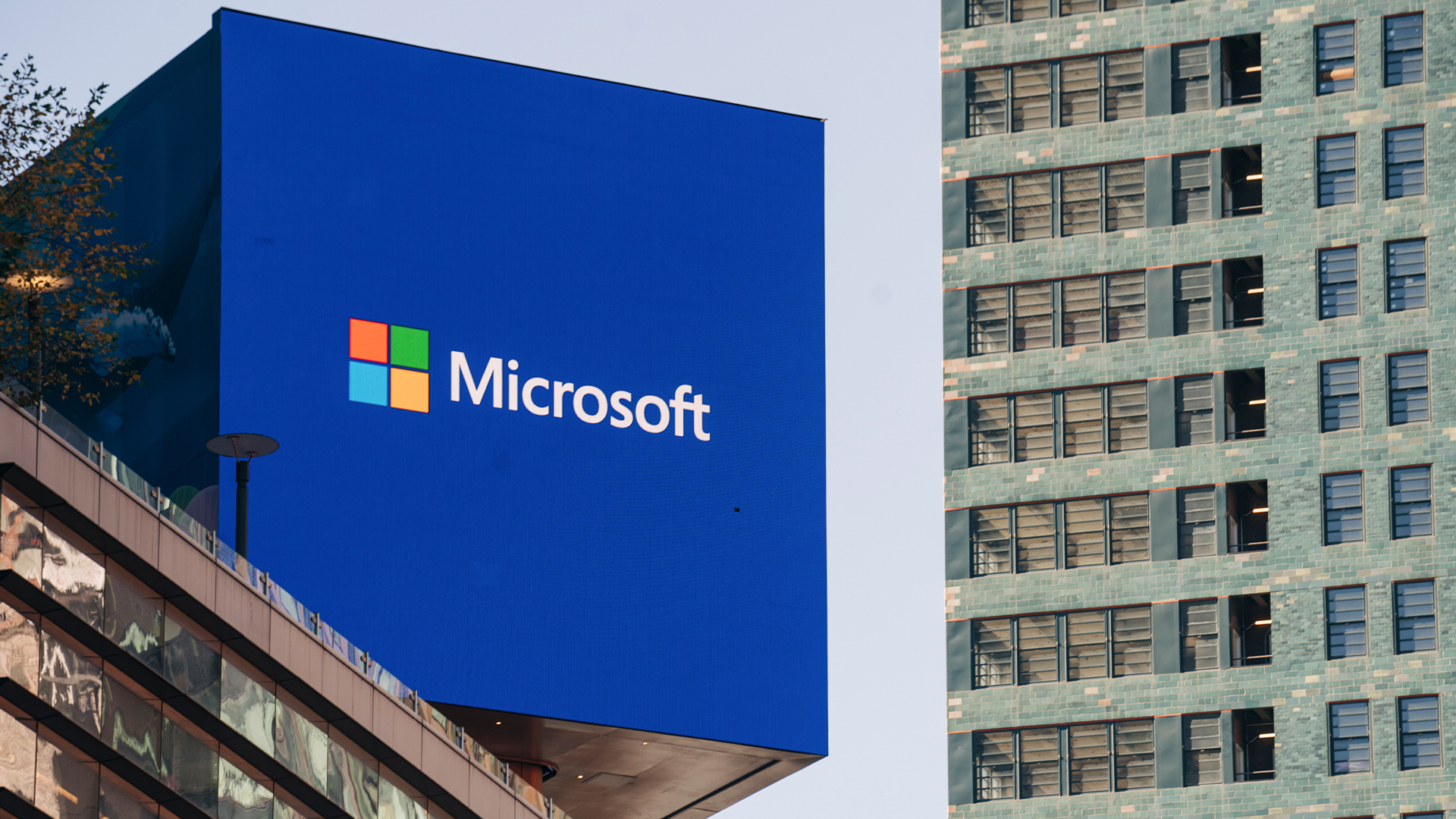 Microsoft’s EU data boundary project crosses the finish line
Microsoft’s EU data boundary project crosses the finish lineNews Microsoft has finalized its EU data boundary project aimed at allowing customers to store and process data in the region.
By Nicole Kobie Published
-
 Microsoft hit with £1 billion lawsuit over claims it’s “punishing UK businesses” for using competitor cloud services
Microsoft hit with £1 billion lawsuit over claims it’s “punishing UK businesses” for using competitor cloud servicesNews Customers using rival cloud services are paying too much for Windows Server, the complaint alleges
By Emma Woollacott Published
-
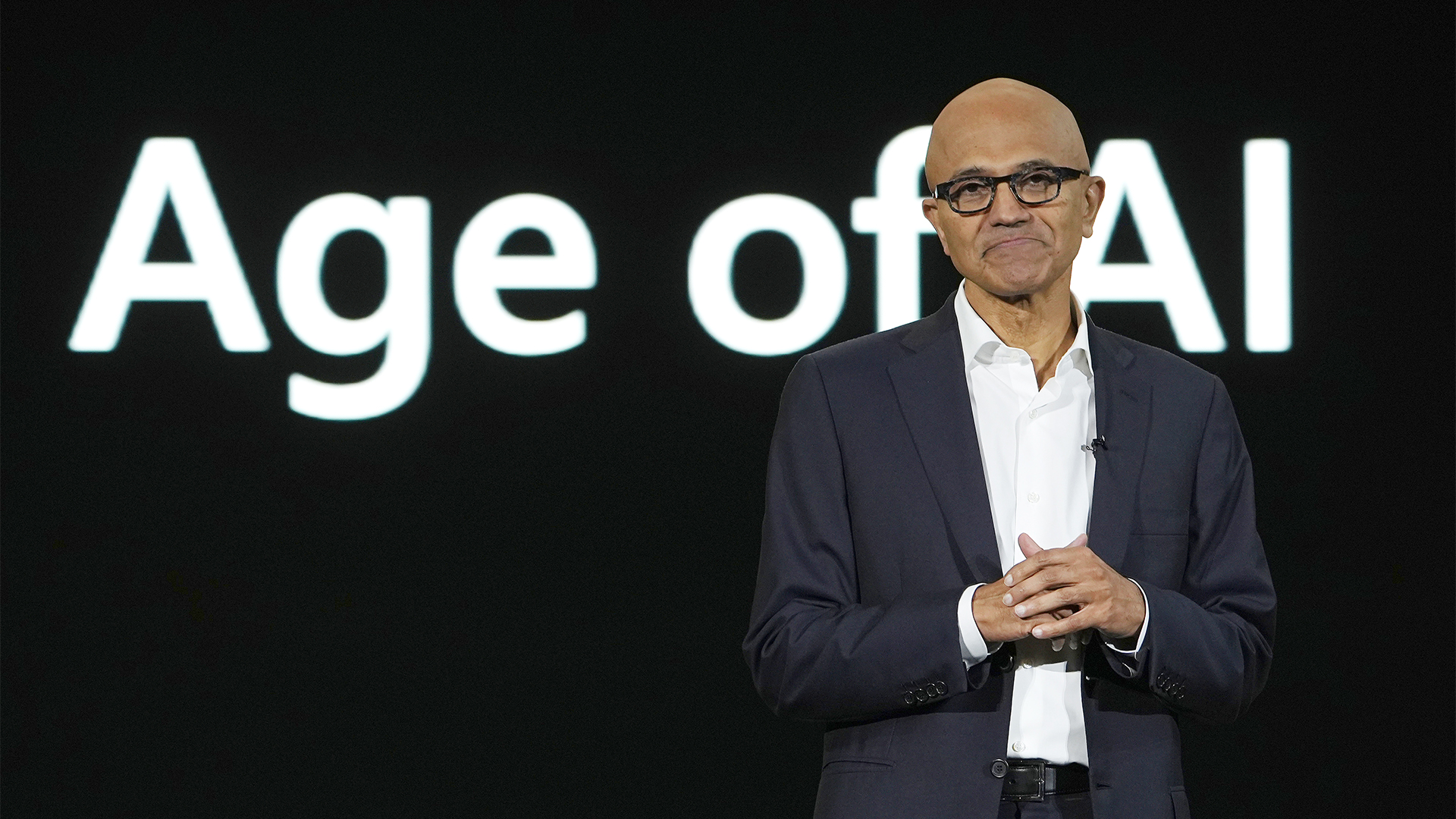 Microsoft's Azure growth isn't cause for concern, analysts say
Microsoft's Azure growth isn't cause for concern, analysts sayAnalysis Azure growth has slowed slightly, but Microsoft faces bigger problems with expanding infrastructure
By George Fitzmaurice Published